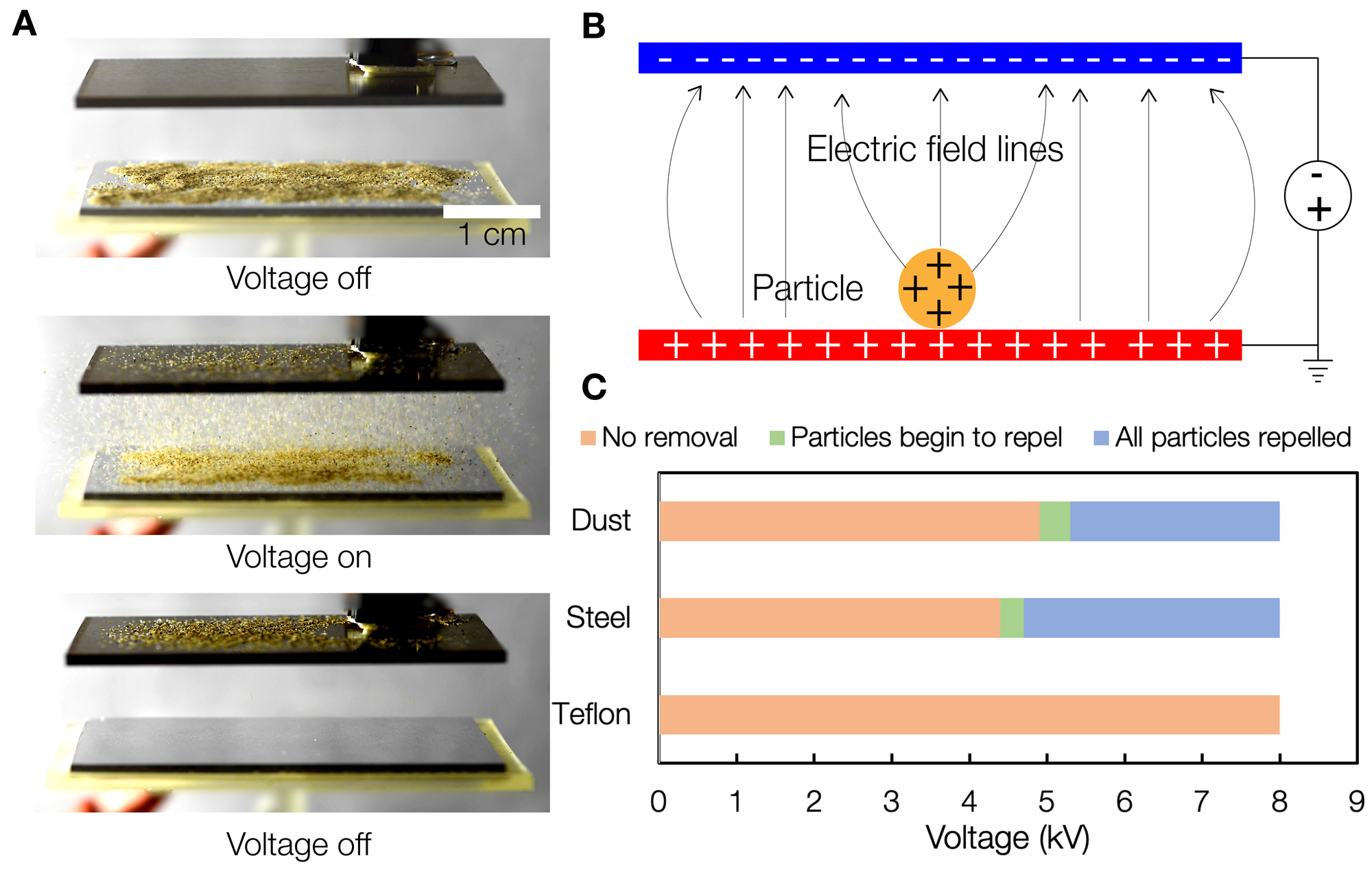Optimizing Solar Efficiency: Advanced Cleaning Techniques

Maximizing Solar Efficiency: Advanced Cleaning Techniques
As the demand for renewable energy continues to rise, ensuring the optimal performance of solar cells becomes paramount. One key factor in maintaining their efficiency is proper cleaning. In this article, we’ll explore advanced solar cell cleaning techniques that contribute to prolonged lifespan and increased energy production.
Understanding the Importance of Clean Solar Cells
Solar cells harness sunlight to generate electricity, making them a sustainable energy source. However, over time, dust, dirt, and other environmental factors can accumulate on the surface of solar panels, diminishing their ability to absorb sunlight. Regular cleaning is essential to ensure the panels operate at peak efficiency.
Choosing the Right Cleaning Solutions
When it comes to cleaning solar cells, selecting the appropriate cleaning solutions is crucial. Mild detergents or specialized solar panel cleaners are often recommended to avoid damaging the panel’s surface. Harsh chemicals should be avoided, as they can cause long-term harm and reduce the effectiveness of the solar cells.
Utilizing Soft Cleaning Tools
To prevent scratches or abrasions on the solar panel surface, it’s essential to use soft cleaning tools. Microfiber cloths, sponges, or soft brushes are ideal for removing dirt without causing damage. Avoid abrasive materials that could compromise the integrity of the panels.
Optimal Cleaning Frequency
The frequency of solar cell cleaning depends on the local environment. In areas with high pollution, dust, or pollen, more frequent cleaning may be necessary. Generally, a biannual cleaning schedule is recommended to maintain optimal efficiency. Regular inspections can help determine the ideal cleaning frequency for specific locations.
Water Conservation Practices
While cleaning solar panels is essential, it’s equally important to consider water conservation practices during the process. Using a minimal amount of water and incorporating efficient cleaning techniques can help reduce environmental impact and make the cleaning process
